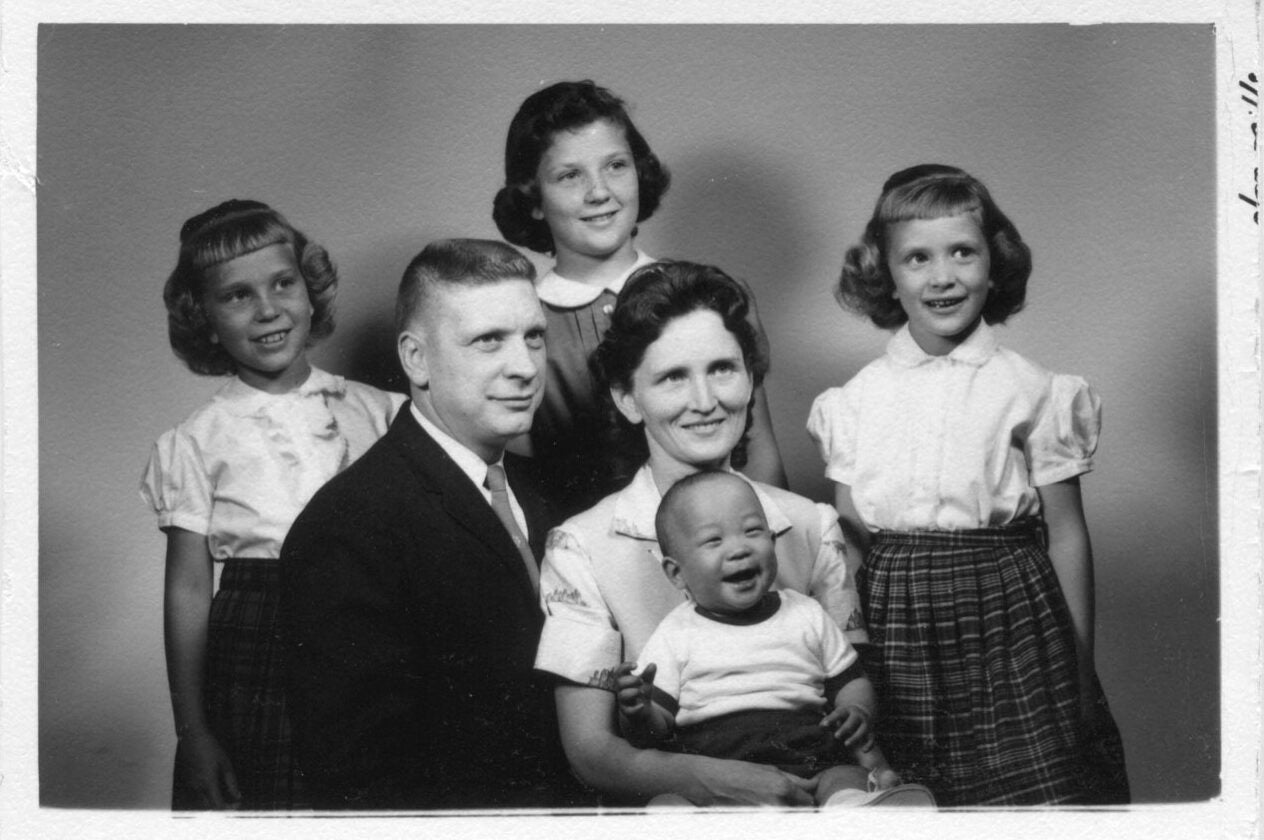Module 3: Adoptees
Have their ongoing ties with Korea impacted the lives of Korean Americans?
Because of missing information in their files, many Korean adoptees grew up in the United States believing that they were orphans found abandoned near a police station in infancy. Adoptees have also been told that they should be grateful for their adoptions to the United States, even as some entered families who were unkind, or where they faced poor or abusive treatment.
In adulthood, a number of adoptees have discovered that the narratives they had accepted as true were actually filled with lies. Some returned to South Korea and gained access to their adoption files. Some were able to reunite with their biological families and learn more about the real stories behind their adoptions. Through the process of uncovering the truth, some adoptees also discovered that their adoptive parents failed to naturalize them as US citizens, making them at risk of deportation.
This module explores the lived realities of Korean American adoptees, their role in shaping citizenship laws, and built communities.

Image 14.03.01 — More than two hundred thousand Korean children have been adopted into other countries since the end of the Korean War in 1953, with roughly two-thirds of these children arriving in the United States.
Created date, created by Name, Title Italicized. Credit line indicating where the image is from. Metadata ↗
Why has Korean adoption continued for more than seventy years?
How have adult adoptees connected and formed communities with one another?
How have adoptees challenged narratives of adoption as rescue?






